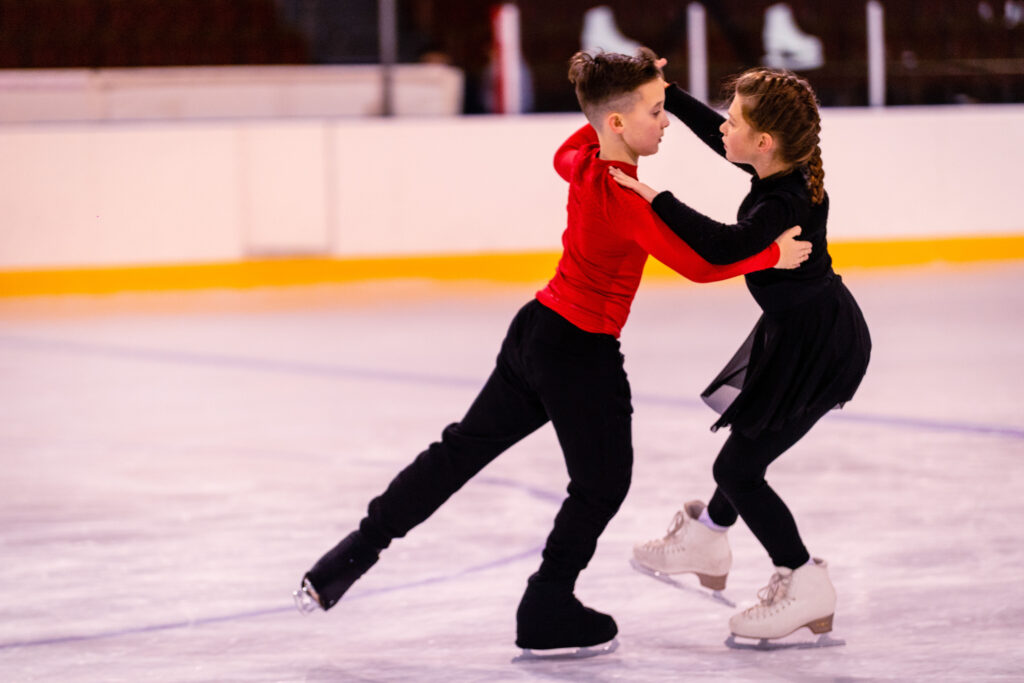Team Topia Blog

Supporting Your Youth Athlete
Becoming involved with youth sports is a fantastic idea. Participation allows youngsters to develop skills they can use for a lifetime. Whether it’s time management, goal setting, sportsmanship, or handling disappointment, these skills are prevalent in almost any sport. Sports teams are additionally an outlet for developing friendships (which could also last a lifetime). However, once your kiddo is involved, you might find it challenging to assess what, exactly, your role as a parent is. Your kid relies on you for so much and this may be something you are used to! Parents are often the first place youngsters turn when looking for advice, support, or encouragement. So, when it comes to sport (where there is often another parent or adult figure in the coach role), where do you fit? How do you support your youth athlete?
Team Topia is comprised of current and former youth sport parents/coaches and we’d like to share our top tips for parents! Read on below to learn more.

Tip #1: Let the coach do the coaching
This seems like a no-brainer and yet, very often, it is not (especially if you have ever played the sport in which your child is now participating). It’s easy to draw on past experience and impart knowledge upon your young athlete. Sometimes, this can be helpful. Often, though, this gets confusing.
As young athletes attempt to master new skills/develop an understanding of their sport, it is important that instruction remains streamlined. Too many cooks in the kitchen, as we say, gets overwhelming and can even stunt progress. Try to keep most feedback encouraging rather than constructive. For example, rather than: “Keep your elbows lower when batting, you’ll hit even farther” try: “Looks like you’re getting stronger! You were hitting the ball farther than last game!”
Constructive feedback is not always wrong or unwarranted, but we do suggest keeping your “parent” cap on rather than trading it out for a “coach” cap (unless, of course, you are the actual coach of your child’s team 😛)
Tip #2: Listen to your kiddo
We love sports for the lessons and skills developed while playing them. A recognizable lesson is to recognize discomfort as temporary and push through in order to succeed.
There is, though, a difference between persevering when “times are tough” and forcing a youngster to do something they really, really don’t like. Understanding which is the case can be challenging for parents. However, if your kiddo never looks forward to practice/games and simply cannot shake negativity when it comes to their extracurricular, it’s time to move on. Self-esteem can take a major hit when kids are forced into something they greatly dislike or are just not naturally inclined towards.

Tip #3: Keep them hydrated and fed appropriately for exercise level
Different sports require different levels of nutrition/calorie intake. It’s not a bad idea to lightly research youth sport nutrition. This will help you understand how much energy is being depleted and what the growing body needs in return.
Understanding hydration requirements is also especially important. Many youth sports practice during the hottest parts of the day. Be sure to support your youth athlete with enough water and electrolytes.
Tip #4: Encourage experimentation in multiple sports
Being young means there is little need for sport specialization. This is the time for your youth athlete to dabble in several different sports. This way they can discover what really calls to them. Specialization is something that need not occur until high school or, even, college.
If your athlete wants to try volleyball in the fall, basketball and track in the spring, and swimming in the summer, that’s great! They will become a well-rounded athlete, develop overall body strength, and learn more about their strengths/weaknesses. Multi-sport athletes also typically do not encounter burn-out or injuries as frequently (both of which could prevent them from doing their sport of specialization down the line).

Altogether, we hope you found these tips and suggestions helpful! We are excited that you and your kiddo have decided to embrace youth sports. We wish you the best of luck as you navigate how to support your youth athlete!
